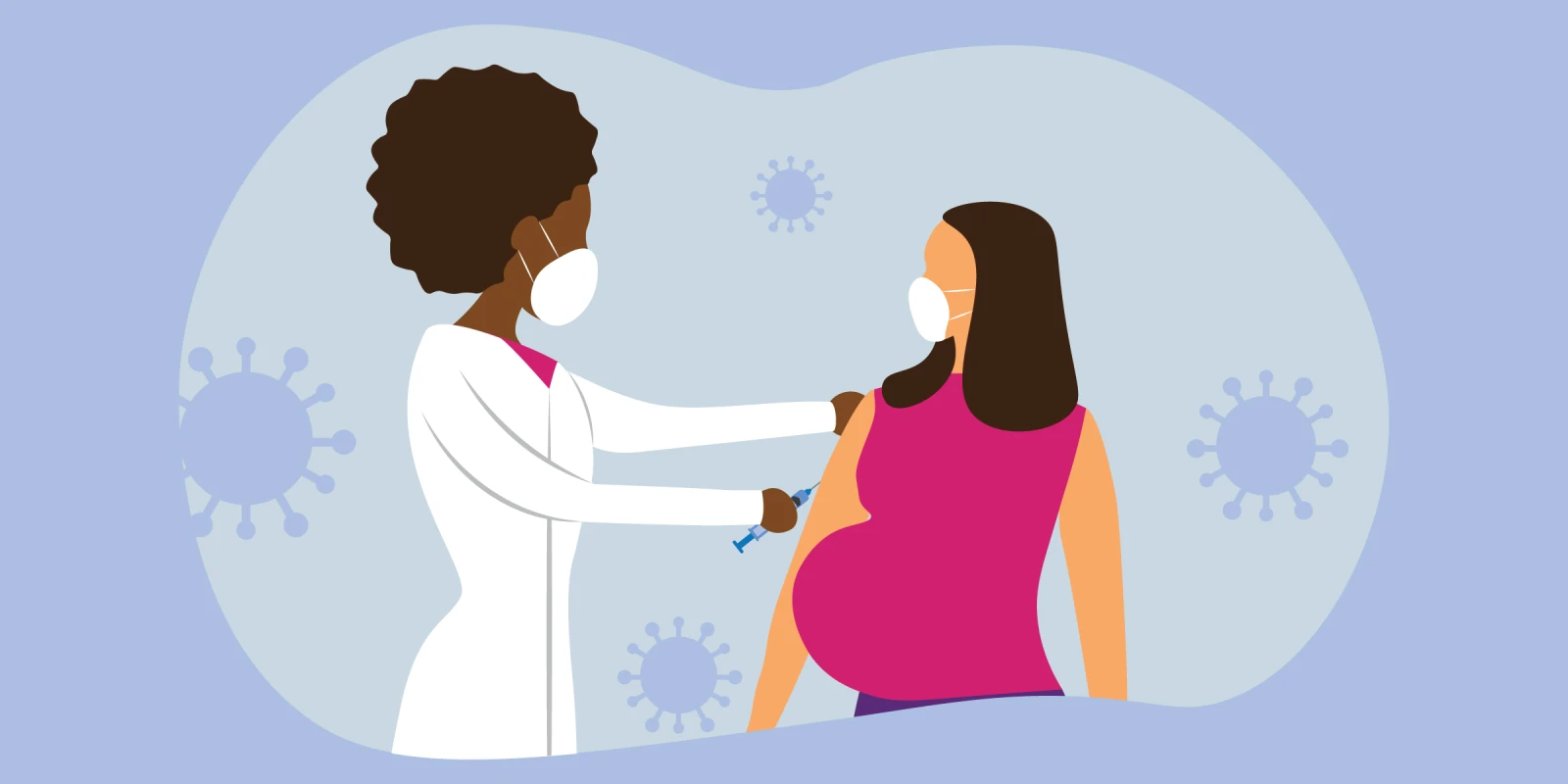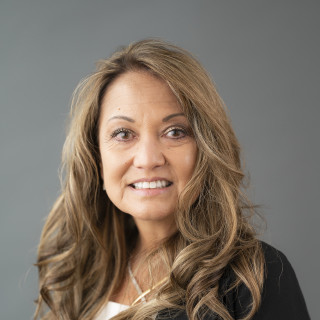The ACOG Annual Clinical and Scientific Meeting was held virtually again this year. A wide range of topics was covered — both the usual suspects and some new topics. As expected, COVID-19 was the topic of several sessions. The CDC Director, Rochelle P. Walensky, presented the Jim and Midge Breeden Lecture, where she discussed lessons learned during the pandemic and reviewed the process the CDC uses to develop their rapidly changing guidance. Specifically, Dr. Walensky reviewed the science behind the recommendation for the reopening of schools with layered mitigation strategies. The ACOG COVID-19 Expert Work Group held a Q&A session in which they also reviewed their process for developing practice guidelines for the membership. As might be expected, the Work Group has frequent calls and meetings with the CDC. Due to the need to update information on rapidly developing clinical issues, the Work Group chose to develop FAQs as a way to get their recommendations to the membership as quickly as possible. Dr. Mark Martens presented the third session on COVID titled “The Impact of COVID-19 on Pregnancy and the Management of Infected Patients,” during which he described the increased rates of hypertensive disorders of pregnancy, preterm birth, postpartum depression, hospitalization, ICU admission, mechanical ventilation, ECMO, and maternal death in pregnancies complicated by COVID-19 infections. The presenters in all three sessions discussed the apparent safety of the COVID vaccination during pregnancy; however, Dr. Martens recommended that the J&J vaccine not be used in pregnancy and women younger than 50 if another vaccine is available.
The good news is the number of new cases of COVID-19, and the number of related deaths, are declining (at least at the time of the presentations). With these declining rates (and the number of people immunized climbs), we can expect more changes to the CDC’s guidance. However, we are reminded of the inequity of the impact COVID-19, with increased mortality in the Hispanic and Black populations. People with resources are traveling to receive the vaccine.
The CDC is working to deliver vaccines to the more vulnerable areas; however, vaccine hesitancy remains a real problem, especially in the southern states. The cause of vaccine hesitancy is not “one size fits all,” and the message for the hesitant patient should be tailored to their specific concerns. Some may be concerned about the safety of the vaccination and how rapidly it was developed, while others may not believe in vaccines.
While providing safety and efficacy data may help mitigate the fears of some patients, others may do better with a more personal approach of telling COVID-19 infection or vaccination stories to which they can relate. Perhaps a good starting point when counseling the vaccine-hesitant person is to remind her just how severe a COVID-19 infection is during pregnancy, with increased risk for ICU admission, mechanical ventilation, need for ECMO, and death.
For the person concerned about the safety of the vaccination, we can counsel that over 100,000 pregnant women have been vaccinated without any safety signals. Remind them how the J&J vaccine was paused after just a few patients had cerebrovenous sinus thrombosis. Reassure them that no steps were skipped in the vaccine development process. Instead, Phase I, II, and III trials occurred concurrently rather than successively, which allowed for the faster development of the vaccines without cutting corners.
Those patients concerned about the side effects of the vaccine may be reassured that pregnant women have the same side effects as non-pregnant women. An added benefit of vaccination during pregnancy is passive immunity to the baby. For those who have already had a COVID-19 infection, there are reports of resolution of prolonged symptoms (such as loss of taste or smell) resolving after vaccination.
As a health care provider who would like to see a return to normalcy, I have made it my priority to address vaccine hesitancy at every opportunity. Tailoring the counseling to each person’s concerns is the best approach to combat vaccine hesitancy.







